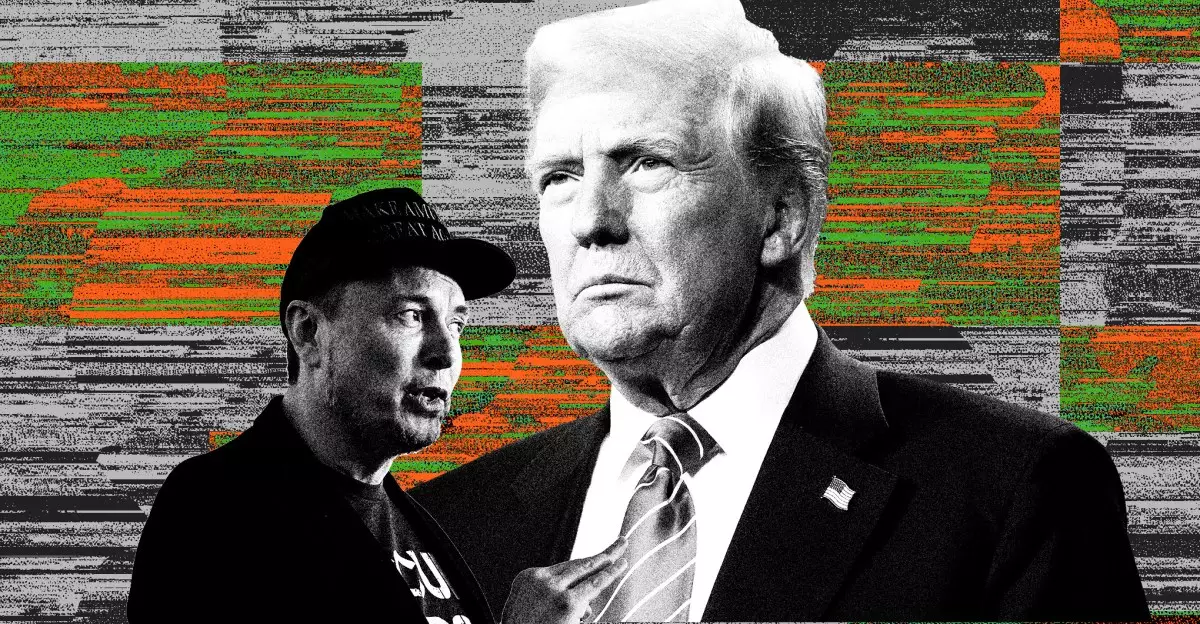The intersection of social media and political discourse has stirred significant controversy, especially in the wake of events like the January 6th Capitol riots. Notably, former President Donald Trump’s relationship with major platforms such as Twitter—and now, Elon Musk’s rebranded ‘X’—has been a focal point of legal and public scrutiny. As Trump navigated through social media bans and lawsuits, the implications were far-reaching, affecting not just political communication but also the broader narrative around freedom of speech and corporate power.
Following the unprecedented attack on the U.S. Capitol, Trump found himself banned from several social media platforms due to concerns regarding the incitement of violence. The most prominent ban was from Twitter, which led him to file a lawsuit against the platform, alongside Facebook and Google. In his arguments, Trump claimed that these major tech companies acted as ‘state actors,’ thereby violating his First Amendment rights. However, the complexity of these cases is compounded by legal interpretations surrounding Section 230—a provision that grants immunity to online platforms from third-party content.
The case against Twitter eventually saw a judge dismissing Trump’s claims in 2022, a decision underscoring the judiciary’s stance on the autonomy of private corporations in regulating content. This dismissal highlighted a broader theme within the ongoing discourse: the tension between free speech and the responsibilities of social media companies to mitigate harmful content.
Fast forward to 2023, the situation escalated further when Elon Musk’s X reached a settlement agreement with Trump, reportedly amounting to around $10 million. This move has significant implications, suggesting that the legal landscape for social media platforms may be shifting under Musk’s leadership. Musk’s influence over the platform raises questions regarding the company’s direction and its role in political discourse. His past financial support for Trump during the 2022 election indicates a complex relationship, where business interests might entwine with political allegiances.
Interestingly, this settlement comes on the heels of similar agreements Trump’s team has brokered with other companies, such as Meta, which settled for $25 million, and ABC News, which agreed on a $15 million defamation settlement. These legal victories not only enhance Trump’s financial resources but also reinforce his narrative as a player in the ongoing battle against what he perceives as unfair suppression.
As the saga of Trump’s legal challenges against social media platforms continues, it serves as a stark reminder of the evolving dynamics between public figures, free speech, and corporate governance. The settlements underscore a critical turning point: where the boundaries of content moderation, political power, and individual rights intersect. Consequently, the fate of online discourse will largely depend on how companies navigate these complexities in a landscape that is far from settled. The implications of these legal confrontations will likely shape the future of digital communication, presenting both challenges and opportunities in balancing free speech with accountability.

